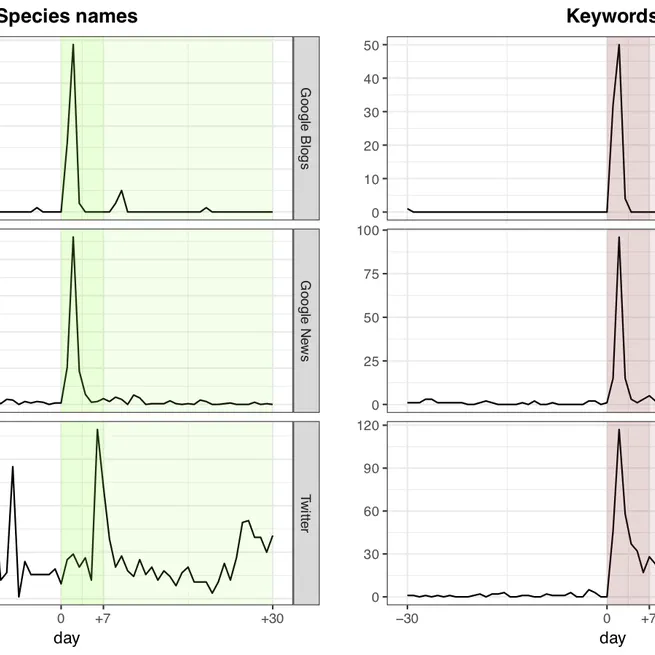
The impact of the “World’s 25 Most Endangered Primates” list on scientific publications and media
Jan 17, 2020
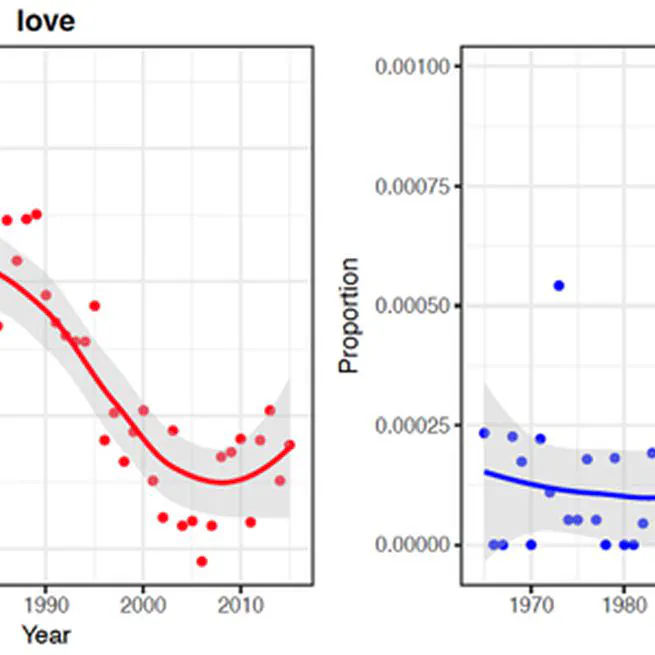
Cultural evolution of emotional expression in 50 years of song lyrics
Nov 7, 2019
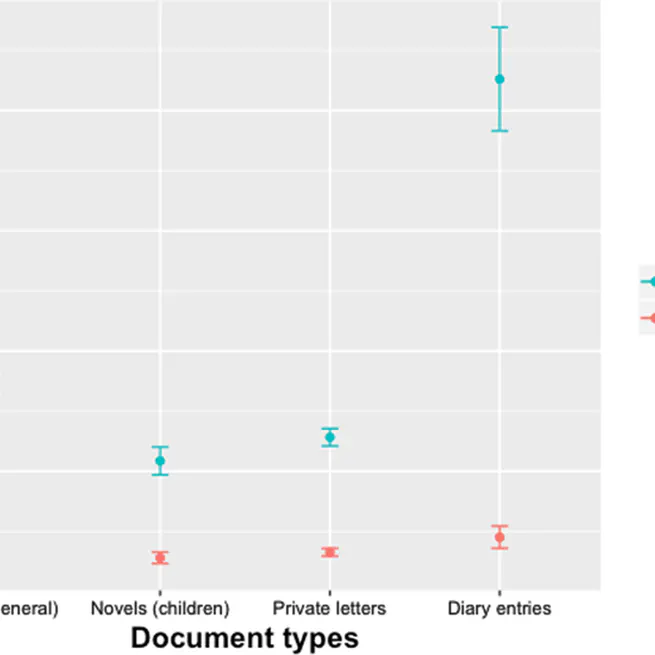
Why people die in novels: Testing the ordeal simulation hypothesis
Jun 4, 2019
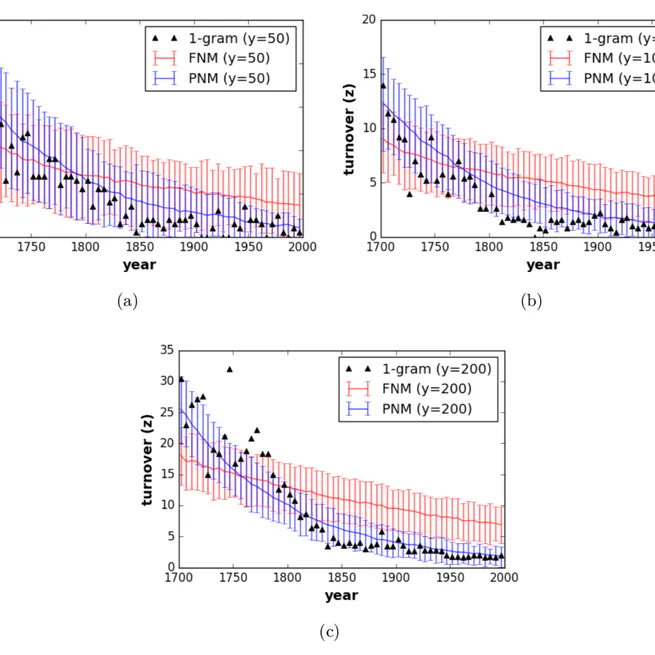
Role of Neutral evolution in word turnover during centuries of English word popularity
Nov 2, 2017
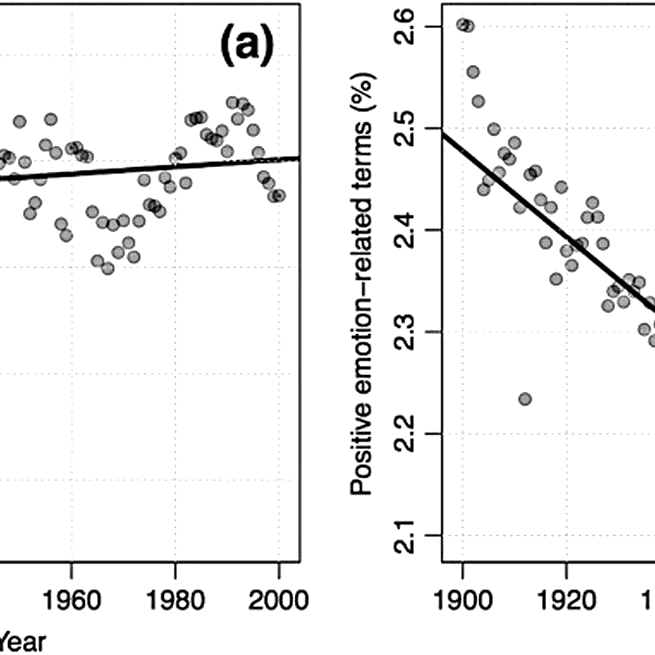
Birth of the cool: a two-centuries decline in emotional expression in Anglophone fiction
Jun 4, 2017
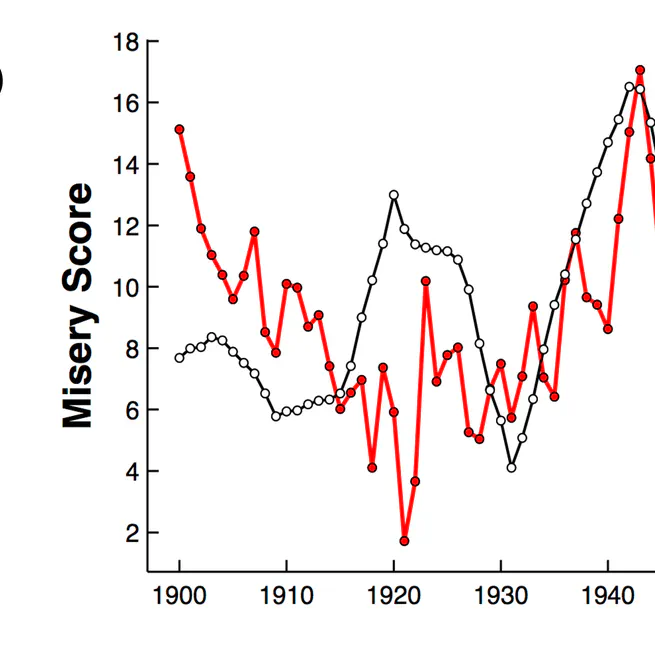
Books average previous decade of economic misery
Jan 8, 2014
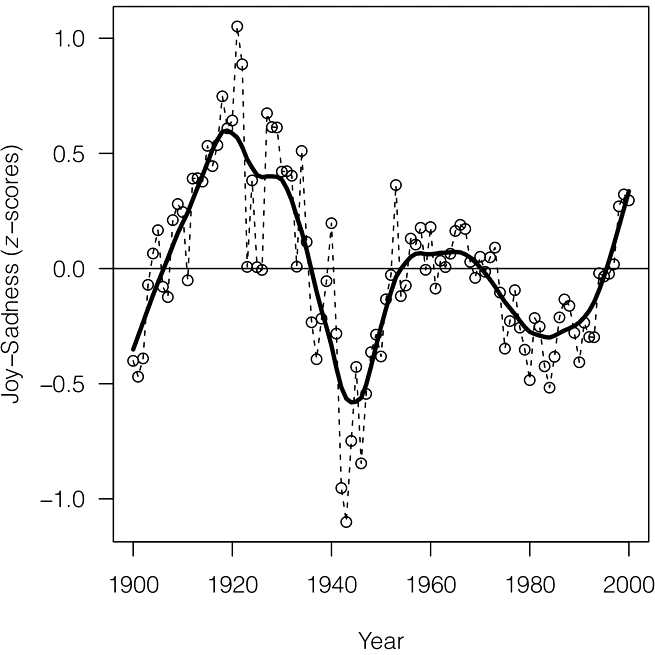
The expression of emotions in 20th century books
Mar 20, 2013